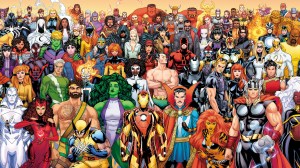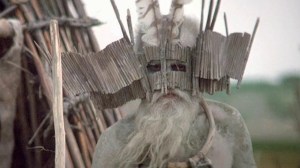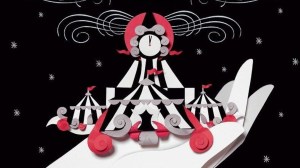In the days since Disney fired Guardians of the Galaxy director James Gunn for offensive, decade-old tweets, numerous celebrities have come to his defense. Now, NBA legend Kareem Abdul-Jabbar is also speaking out in defense of Gunn as well as making larger commentary on what he calls Hollywood’s “zero tolerance” policy on offensive speech.
Videos by ComicBook.com
In a lengthy article for The Hollywood Reporter, Abdul-Jabbar discusses several recent, headlines-gathering issues where outrage over offensive speech or content has resulted in firings or calls for cancellation. He specifically talks about the firing of Paramount TV president Amy Powell over comments she made about predominantly black reboot of First Wives Club, the backlash against Netflix’s new series Insatiable which features a girl who loses weight and then gets revenge on her tormentors, Roseanne Barr’s tweets that got her series Roseanne cancelled at ABC, and Gunn’s firing from the third Guardians film.
When it comes to Gunn’s situation, Abdul-Jabbar questioned Disney’s decision specifically in line with its own past.
“Disney’s sentiment seems sincere, but the actual words are problematic,” he writes. “If we start going back through Disney movies in the past, how much blatant sexism, racism and homophobia will we find? Disney would rightfully claim that, though those offenses may have occurred, the company has evolved since then. Which is the same claim Gunn has made regarding his tweets.”
Abdul-Jabbar boiled it down to an even finer point.
“Why does Disney deserve our admiration for changing, but Gunn gets our scorn?”
For many, it’s a valid question. As many of his supporters have noted, Gunn has apologized for his offensive tweets and even before the recent controversy the director has been open about how much he has changed as a person and a professional over the last decade. Those changes are something that he referenced in his official statement following Disney’s decision to fire him.
“My words of nearly a decade ago were, at the time, totally failed and unfortunate efforts to be provocative,” Gunn wrote. “I have regretted them for many years since — not just because they were stupid, not at all funny, wildly insensitive, and certainly not provocative like I had hoped, but also because they don’t reflect the person I am today or have been for some time.”
Ultimately, Abdul-Jabbar sees Hollywood’s eagerness to fire rather than deal with the bigger issues of a lack of women, people of color, and LGBTQ filmmakers and executives in the entertainment industry to be the real problem, not offensive tweets long ago apologized for.
“Who should be fired over that offensive fact?” he asks.








